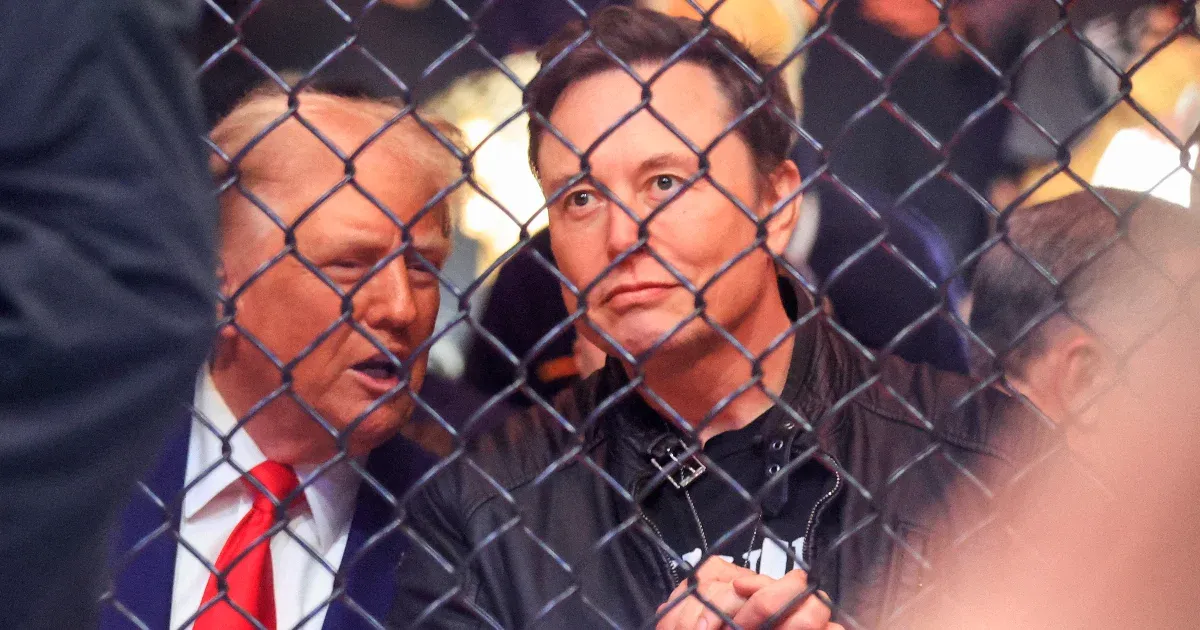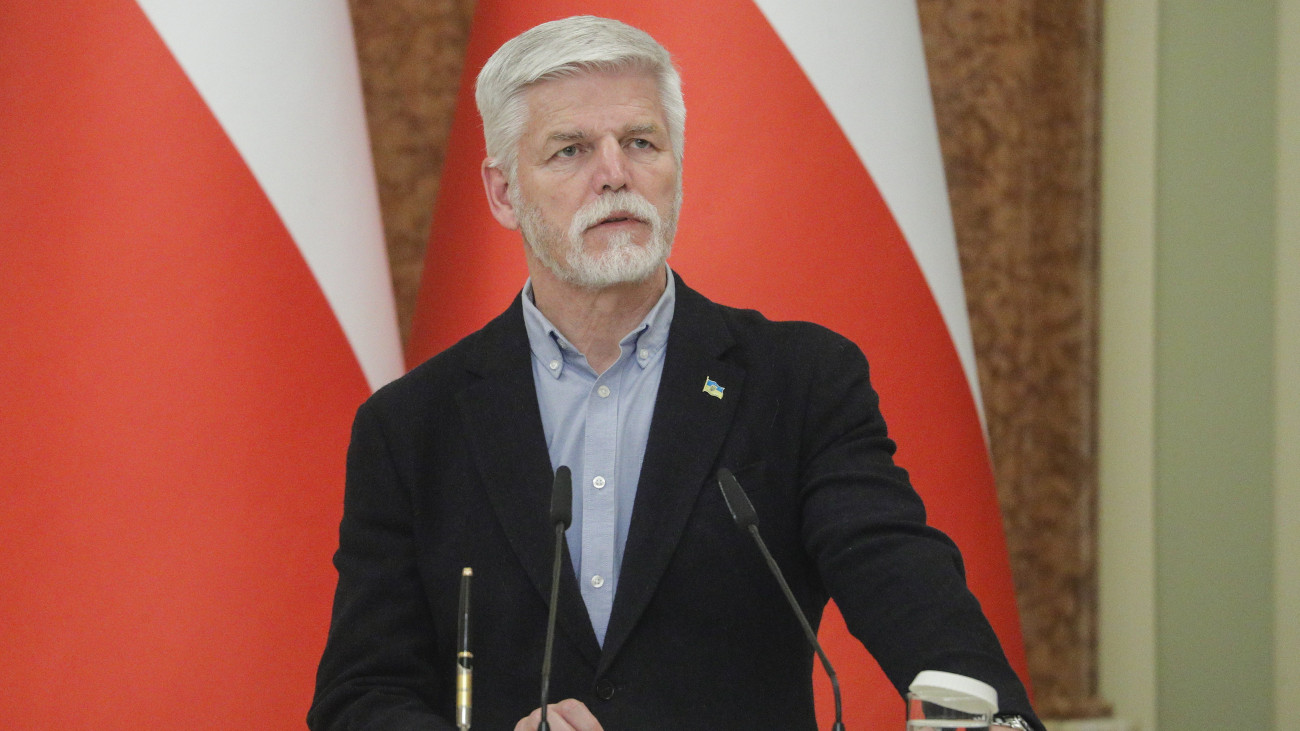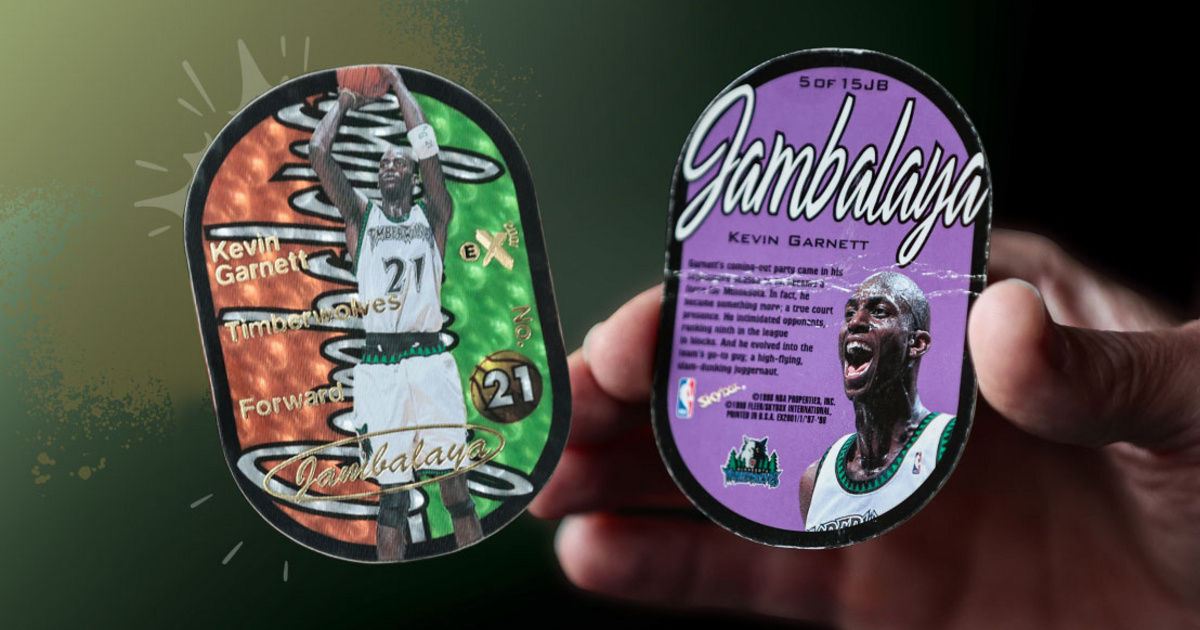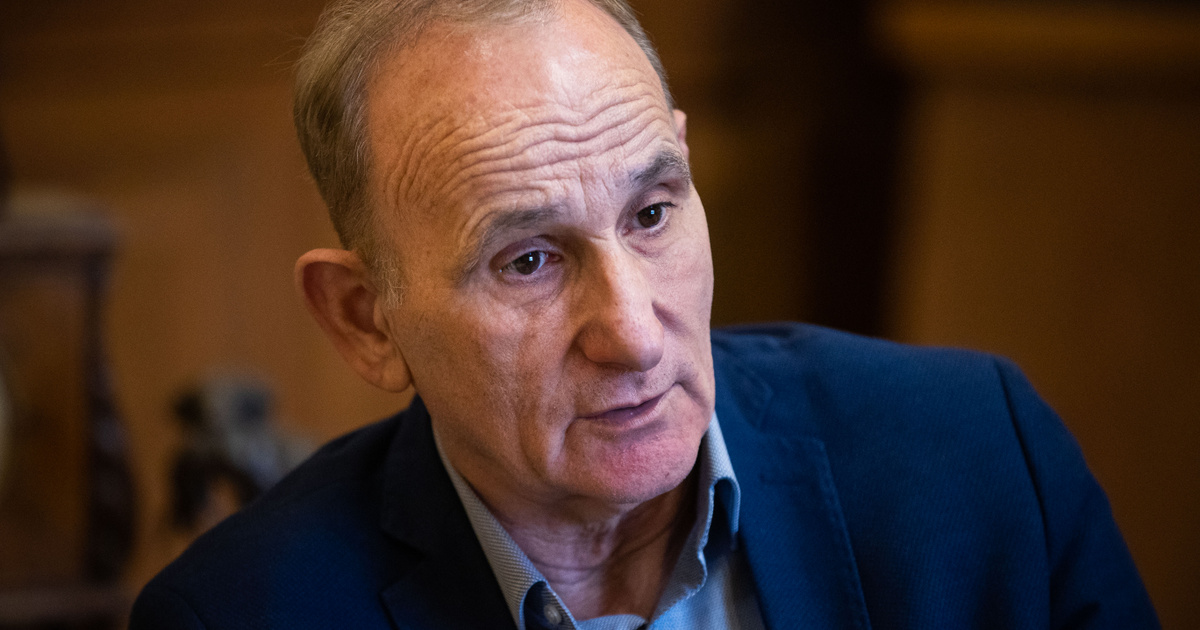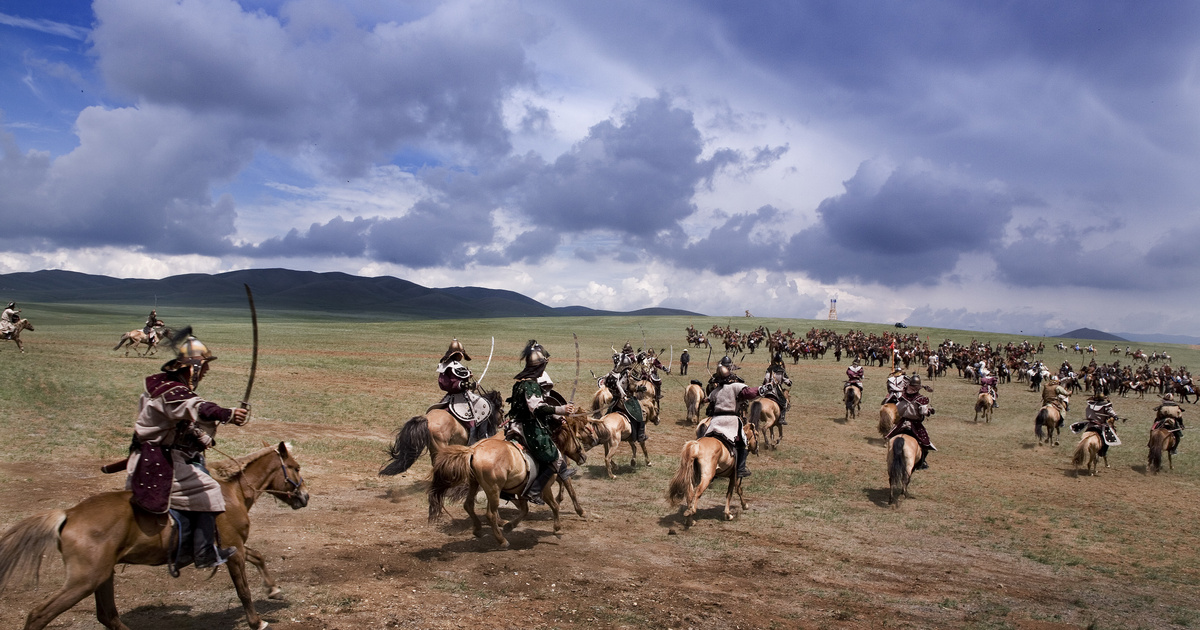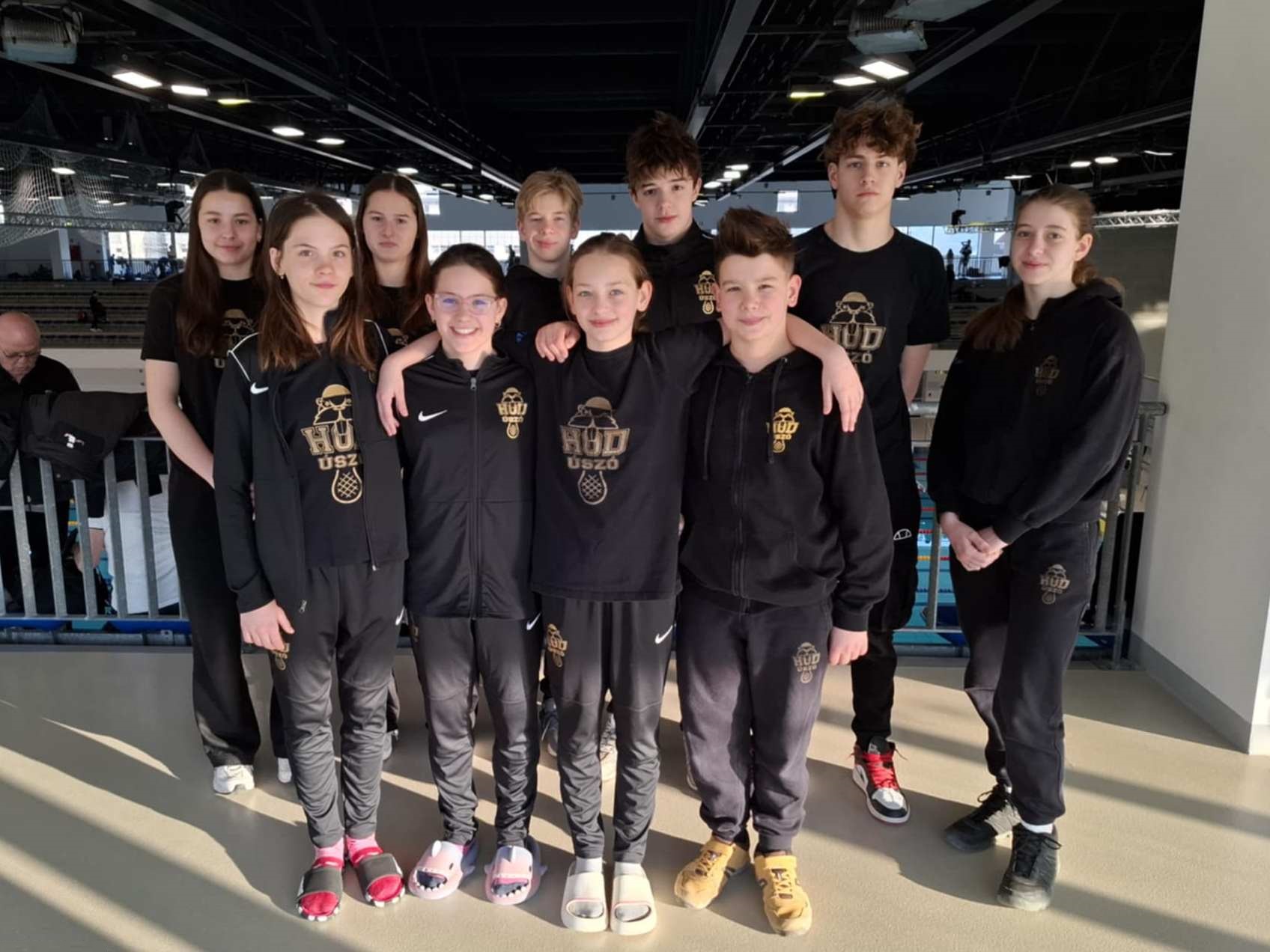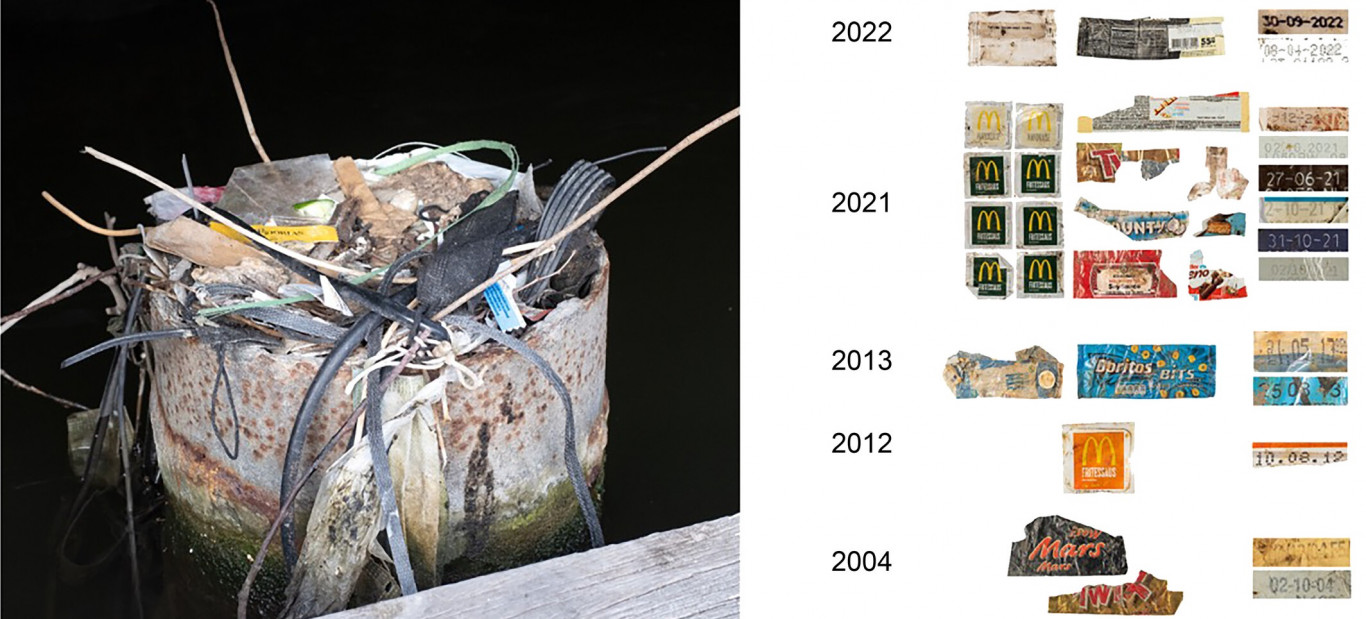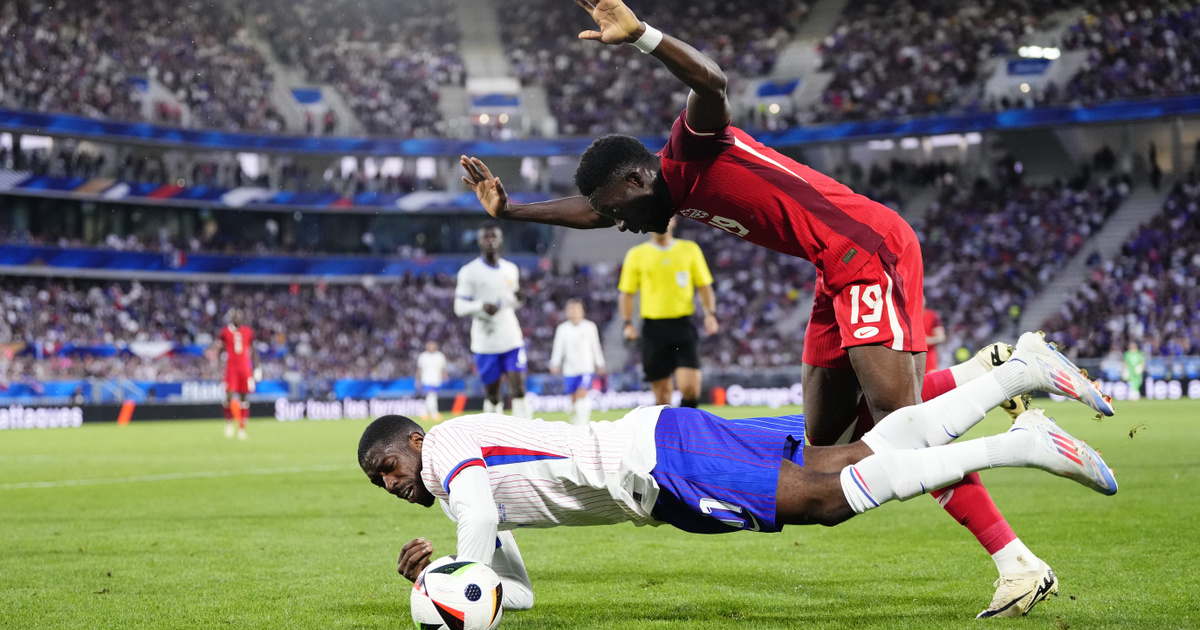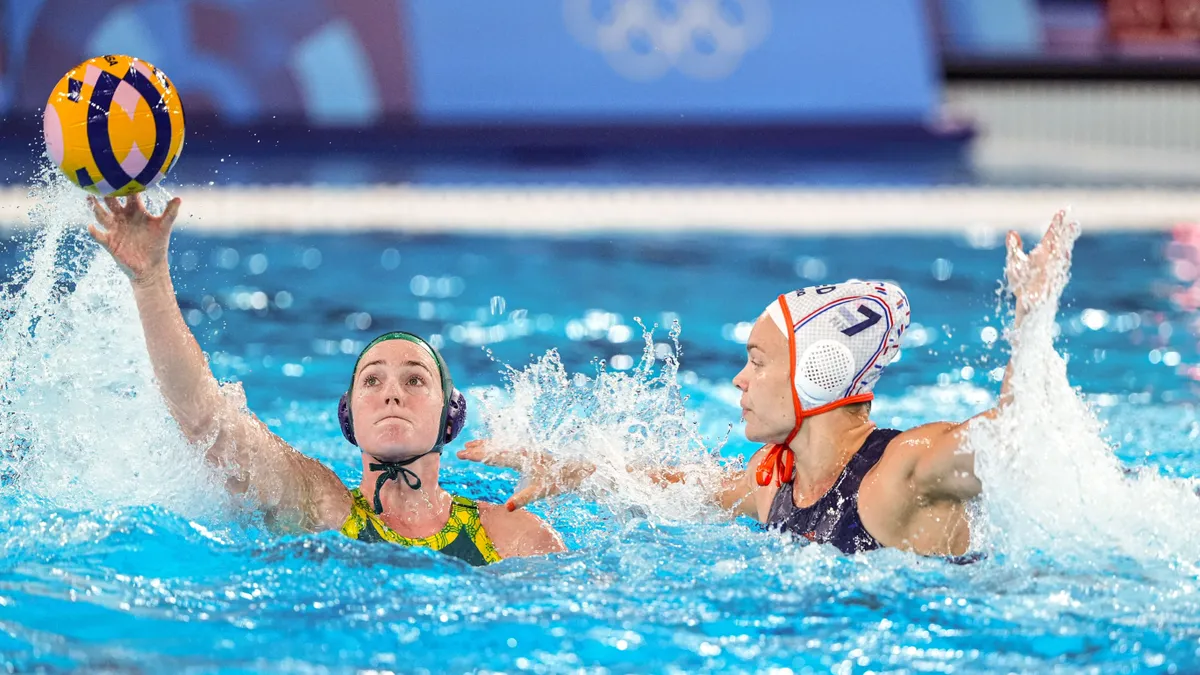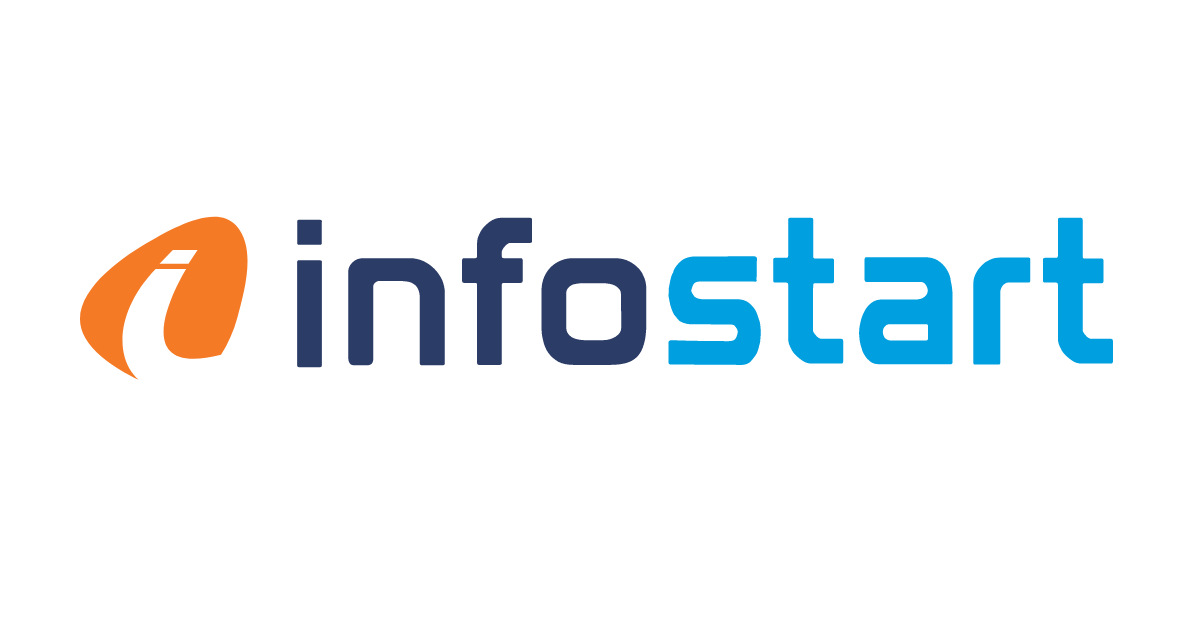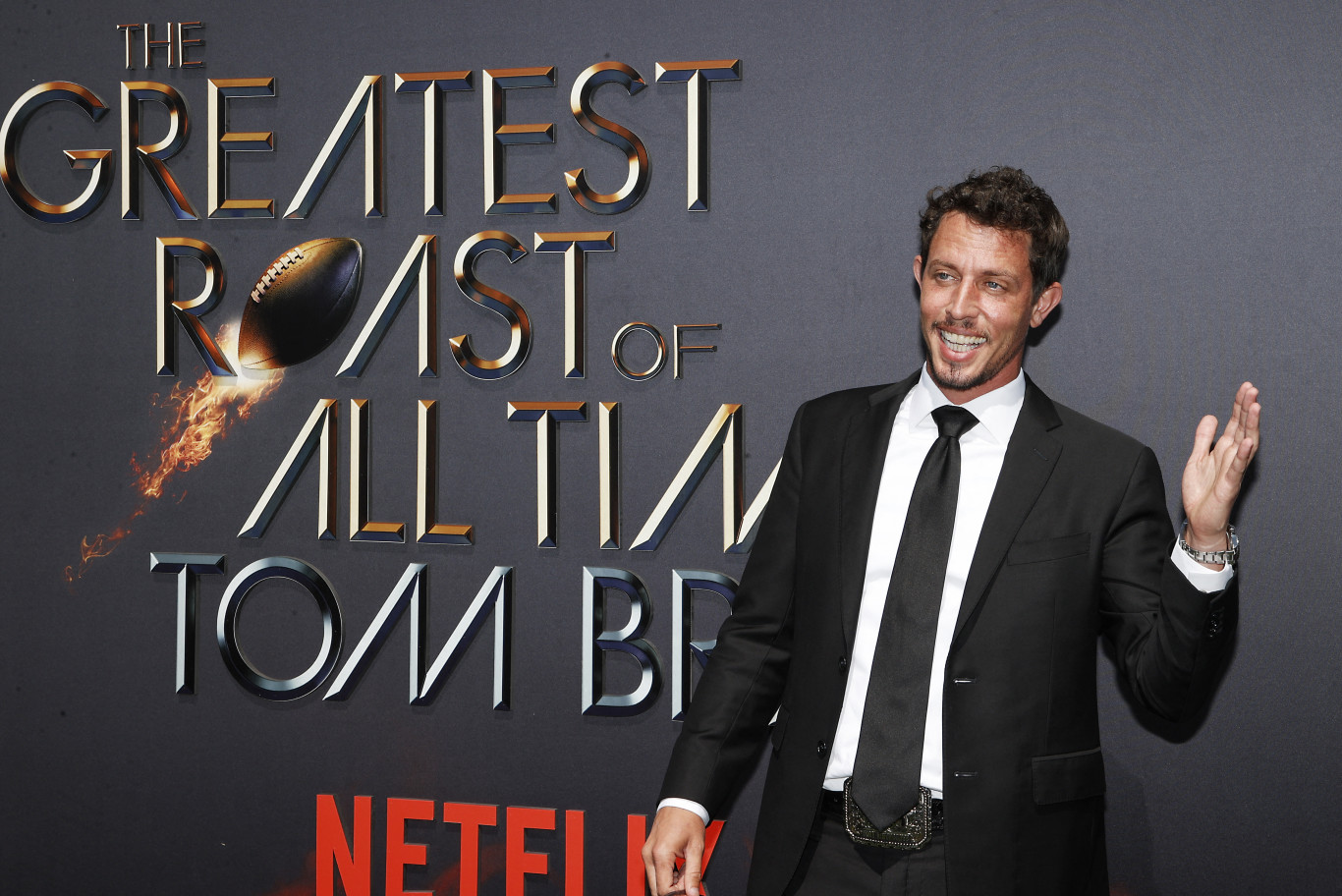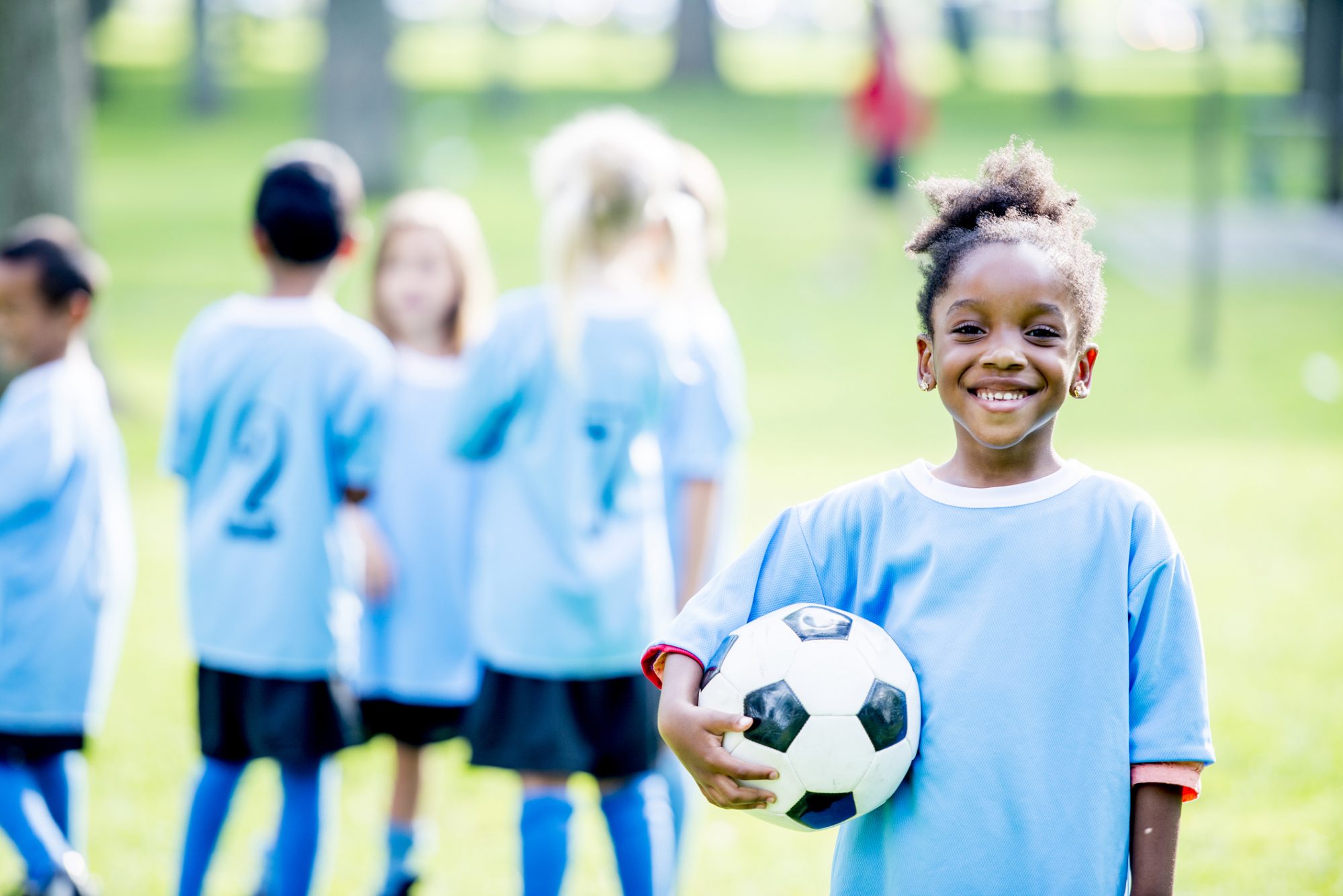The Honorable Pascal Saint-Onge, Canada’s Minister Responsible for Sport, shares with us her vision for a safe and accountable sports system in which Canadian athletes from all walks of life can thrive.
Sport has the power to build individuals and communities. It improves our physical, mental and emotional health and teaches us invaluable skills such as resilience, teamwork and determination.
But despite its many virtues, sport is not exempt from the ills that afflict other sectors of our society. Unfortunately, cultures of silence, toxic power relationships, and physical and psychological abuse are also part of the experience of many athletes.
Collectively, we need to confront these challenges and have the courage to name the problems and put forward solutions that will help us deliver healthy, safe, inclusive and enriching experiences for all of our athletes.
Although there is no comprehensive solution, we must lay the foundations to address these problems directly. This means challenging how things are done and setting clear standards that we must all adhere to to achieve cultural change in sport.
from where we start? Good governance and better accountability on the part of sports organisations, strengthening the voice of athletes and promoting better education are key milestones. This work has begun.
Greater compliance and accountability
Good governance and corporate transparency are fundamental to a safer sports system. That’s why we’re creating an entirely new unit at Sport Canada to focus on compliance and accountability for National Sport Organizations (NSOs).
The unit will work with sports organizations and external experts to develop concrete action plans with clear indicators on governance, safe sport and athlete representation. Failure to achieve improvements will have escalating repercussions, including financial consequences for sports organizations.
Good governance is the basis for systemic change
Governance issues in sport have made headlines in the past year. We have all witnessed the devastating repercussions to our athletes when sports organizations have weak or flawed governance structures. Boards are responsible for the proper functioning and integrity of their organizations, and must be held accountable.
For this reason, in the future, all national statistical offices will have to adhere to the new administration’s standards to be eligible for federal funding. This means targeted requirements for diversity on boards, athlete representation on boards, strict rules around board independence and term limits, and other concrete requirements to improve transparency.
Many of these standards and others are included in the Canadian Sports Administration Code. While some organizations have already adopted some or all of these rules, we need greater consistency and compliance at the national level. That’s why all NSOs that receive federal funding will be required to fully implement the Code by April 2025.
Better amplification of athletes’ voices
We must ensure that our athletes have safe spaces to express themselves and we must listen carefully to what they have to say. Amplifying the voices of athletes is vital to building a better sports system.
To this end, we are making it mandatory for athletes to be represented on NSO boards. Athletes have been asking this question for years and we are making it happen. But our athletes need to be well prepared to fully contribute to Board decision-making, which is why we will invest in governance training by providing funding to AthletesCAN to strengthen athlete voices within the sports system.
We have also established the Sport Canada Athlete Advisory Committee to give athletes a say in the development of our sports policies.
We must also ensure that athletes and others involved in sports are never prevented from disclosing any abuse they have experienced or witnessed. For this reason, going forward, Sports Canada will prohibit any non-disclosure agreements, contracts, policies, actions or procedures with NSO that would restrict the rights of an athlete or participant, as defined in the Universal Code of Conduct for Preventing and Addressing Abuse in Sport (UCCMS). ). To enforce fair contractual agreements, NSOs will be tasked with conforming to the language of the Athlete Agreement Model developed by AthletesCAN.
Better trainer certification
Athletes and their parents should be able to rely on the fact that NSO coaches are continually and thoroughly vetted. We need to set higher standards for coach certification and selection.
To achieve this, we will work with the Canadian Coaching Association to ensure that all coaches hired by our national statistical offices undergo rigorous background checks and obtain appropriate certification and training, including training in the prevention of abuse and maltreatment.
Better reporting mechanisms
All athletes and participants in the sports system also need to know their rights and responsibilities so that they can identify problematic situations and act. That’s why we invest in promoting tools like UCCMS.
This is also why we have the Office of the Sports Integrity Commissioner (OSIC), which ensures that national athletes have reliable and independent complaints mechanisms. Effective April 1, 2023, all National Scout Associations must be signatories to the Abuse-Free Sport Program, including OSIC services, to receive funding from the Government of Canada. The National Multisport Services Organizations and the Canadian Olympic and Paralympic Sports Institute Network had until July 1, 2023, to become signatories to the program.
Public Register of Penalties
The SDRCC also creates a public registry of individuals sanctioned under the UCCMS. The register, which will be available over the next year, will apply to all national statistical offices and all our organizations under the jurisdiction of OSIC.
Better access for everyone
Recognizing the benefits of safe sport, we also work hard to remove the barriers that Indigenous, Black, racialized communities, 2SLGBTQI+ groups, low-income people, newcomers and people with disabilities face in the world of sport. That’s why the Government of Canada supports organized community sports projects that are affordable, accessible, environmentally friendly and focused on increasing participation in underserved communities.
Sport is an integral part of building stronger, healthier communities. It should be accessible and safe for everyone, everywhere in Canada – no matter what.
We are making progress, but we must raise our aspirations higher. Our athletes deserve it. These measures are just the foundation on which we can – and will – build a stronger and better sports system for everyone. Now, we continue working.
Editor Recommended Articles

